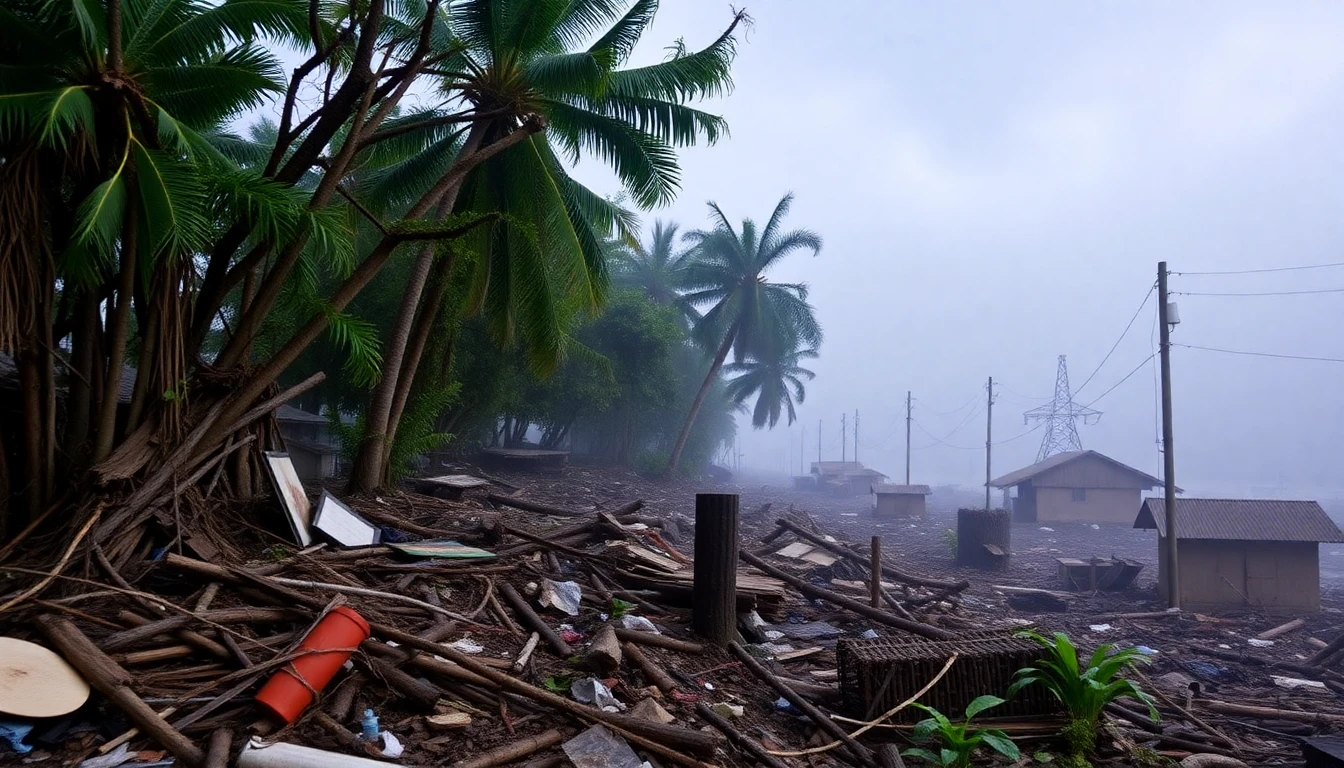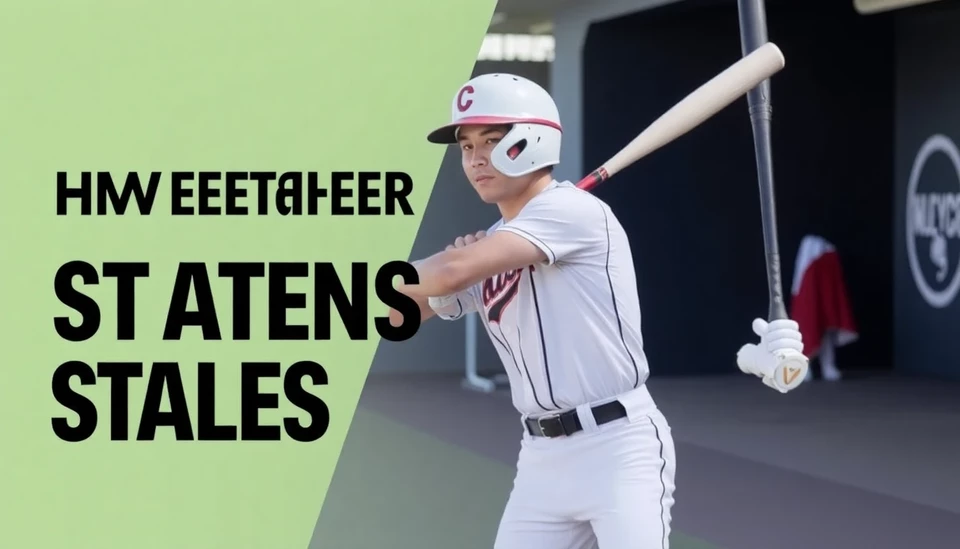
In a recent video report by Bloomberg, a growing conversation has emerged around the role of social media influencers during natural disasters. As climate-related incidents become increasingly frequent, experts are calling for a shift in how these influencers communicate and respond to crises, pushing against the normalization of such events in public discourse.
Natural disasters like wildfires, hurricanes, and floods have become more than just news stories; they are becoming a backdrop for social media content. Influencers, in their pursuit of relevance and engagement, often share content that might trivialize the severity of these incidents. The discussion highlights an urgent need for accountability and sensitivity in the way influencers use their platforms during such critical times.
Climate scientist Dr. Hannah Miller states that while social media can play a crucial role in raising awareness and mobilizing communities, this potential is often overshadowed by a culture of sensationalism and triviality. She emphasizes the responsibility that comes with a significant online following and suggests that influencers should use their platforms not merely for entertainment but to educate their audience about the realities of climate change and disaster preparedness. This, she argues, can lead to better-informed viewers who might take appropriate actions during emergencies.
The normalization of natural disasters on social media is not just a matter of individual behavior; it reflects broader societal attitudes toward climate crises. As these events become commonplace in the feeds of millions, the risk is that audiences become desensitized to the seriousness of climate change and its impacts. Experts are particularly concerned about influencers who continue to post aesthetically pleasing content or personal anecdotes that undermine the gravity of the situation while communities are suffering.
In light of this, calls are increasing for a collective effort from influencers to adopt a more responsible approach. Projects and campaigns are being initiated to encourage influencers to share informative content about the ramifications of natural disasters instead of just highlighting the more 'exciting' aspects they can document for views and likes. Moreover, collaborations with experts in climate science could foster a more authentic narrative that educates audiences on what to do in emergencies and how to contribute to climate action.
As the climate crisis intensifies, the implications of how influencers engage with their audiences during disasters could be more profound than previously thought. There’s a growing recognition that this community has the power to influence public perceptions and prompt behavioral changes, potentially leading to more proactive attitudes toward climate action. By reframing their narratives, influencers can play a pivotal role in shaping a more grounded understanding of natural disasters and climate change.
In conclusion, the challenge is clear: influencers need to moderate their content and reconsider their approaches to social media amidst escalating climate crises, ensuring their messages contribute positively rather than normalize the devastation caused by natural disasters. As they move forward, it is crucial that they remain mindful of their platform's impact on their audiences and the broader community.
#Influencers #ClimateChange #NaturalDisasters #SocialMediaResponsibility #EnvironmentalAwareness #ClimateAction
Author: Peter Collins
